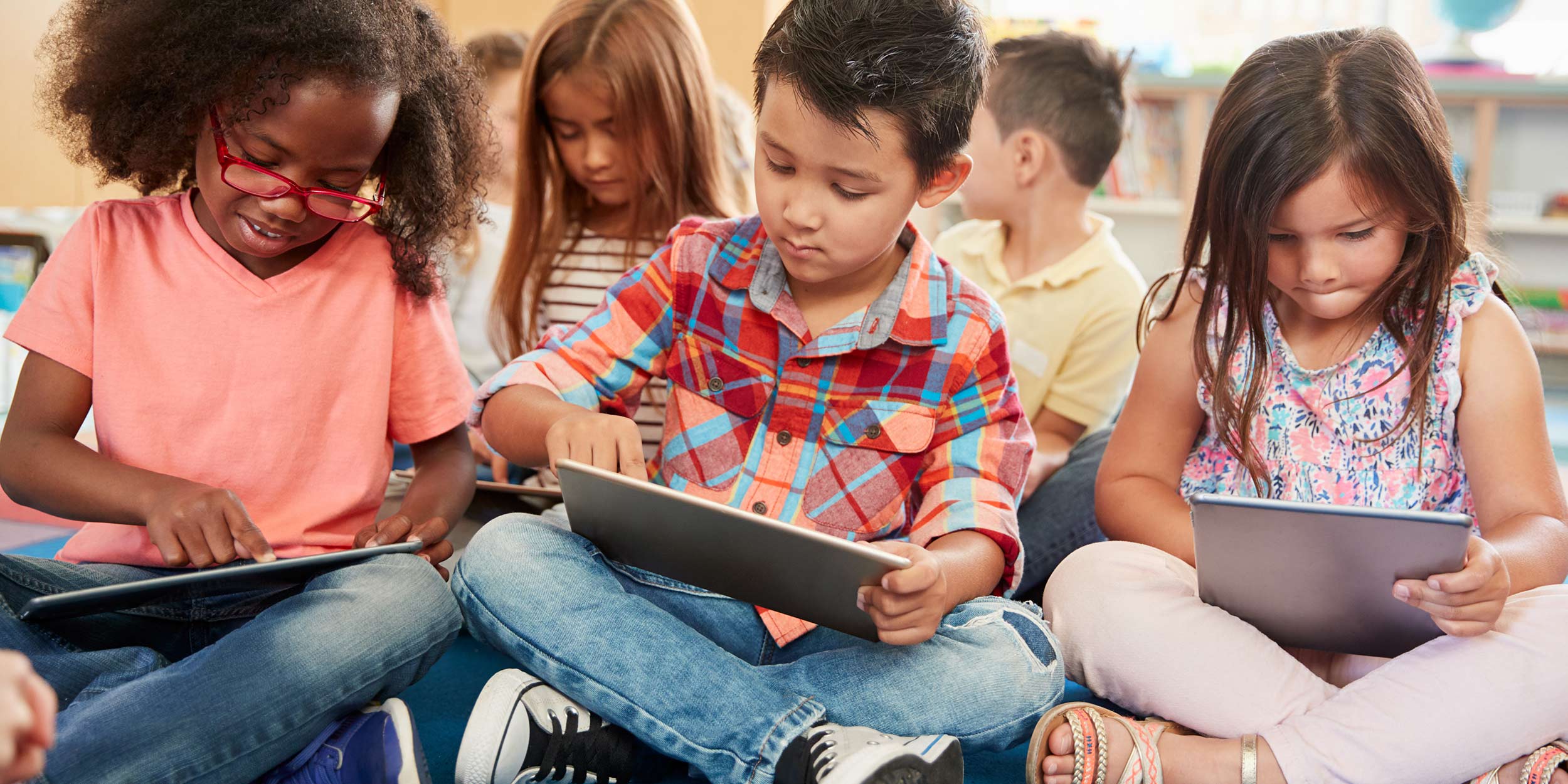
Many programs across the Federal government, such as the ED/IES Small Business Innovation Research (SBIR) and the IES Research Grants programs, fund projects to develop and evaluate new forms of education technology and interventions that can be implemented to support instruction and learning at schools and for remote learning. More than 150 of these technologies were demoed in January 2020 at the ED Games Expo, a showcase for learning games and technologies developed with support from IES and more than 30 other Federal programs.
Since the global outbreak of COVID19 and the closure of schools across the United States and the world, a group of government-supported developers and researchers responded to provide resources to educators, students, and families to facilitate remote learning. More than 50 developers and researchers offered 88 learning games and technologies at no cost through the end of the school year for use in distance learning settings with internet access (see this blog for the list). In addition, many of the developers and researchers provided technical assistance directly to individual teachers to support implementation at a distance, and many created new materials and worked to refine and adapt their products to optimize usability and feasibility for fully remote use. More than a million students and thousands of educators used these learning technologies during the spring.
In April and May 2020, more than 70 developers and researchers partnered to produce and participate in a series of free day-long virtual events, which were called “unconferences.” The events featured presentations on innovative models and approaches to teaching and learning remotely and provided an in-depth look at the learning games and technologies created by the presenters. More than 25,000 educators attended these virtual events in real-time, hundreds asked questions and made comments through chats during the events, and many thousands more have accessed these videos after the events. See this blog for the list of archived videos.
A New Resource: Guides to Education Technologies that are Ready Now
As schools begin re-opening for the new school year, a group of 70 developers and researchers have collaborated to produce a new series of Guides to Education Technologies. The guides present information on government-supported education technology products that are ready now for in-class and remote learning. All the resources are web-based and can be used on either computers, tablets, or personal devices. The resources in the guides include a mix of no-cost products as well as ones that are fee-based.
With awards from government programs, all of the resources were developed through an iterative process with feedback from teachers and students, and most were evaluated through small pilot studies to measure the promise of the technologies to support improvements in student learning and relevant educational outcomes. All the products were used and demonstrated to be feasible for use in remote settings in the spring after the onset of the pandemic.
The guides present resources appropriate for young children through postsecondary students in education and special education, for English learners, and for teachers in education and special education across a wide range of educational topics. Many of the technologies personalize learning by adjusting content to students as they go and present information to educators to inform instruction.
The Guides focus on the following areas and can be accessed below:
Stay tuned to the Inside IES Blog for more information and resources about the response to the COVID-19 in education.
Edward Metz (Edward.Metz@ed.gov) is a research scientist and the program manager for the Small Business Innovation Research Program at the US Department of Education’s Institute of Education Sciences.